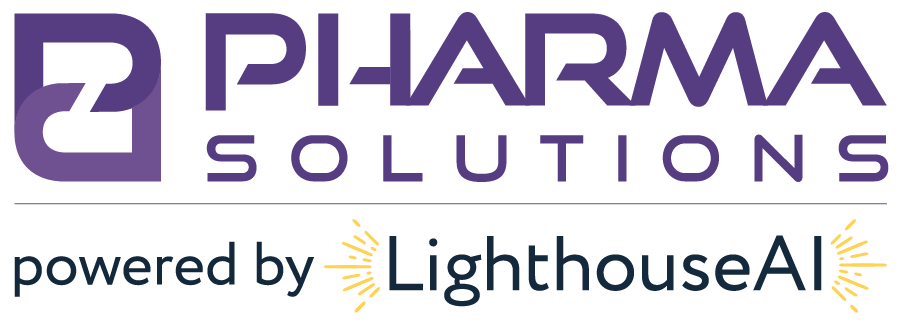New Dynamic Duo Attempt Denting Diabetic Supply Gray Market
It seems as if OptumRX’s reimbursement policy change is here to stay.
Now, with the new VDIP Accreditation released September 23, 2016 the NABP is coming after diabetic testing supply distributors.
The diabetic testing supply (DTS) “Gray-Market” was first widely reported on in 2012 but experts estimate that the market has been steadily growing since at least 2002. The idea behind the gray market is that companies receive products at a lower cost than what pharmacies would otherwise have to pay their primary wholesalers. Gray market companies achieve this through one of two ways: (1) purchasing from patients/consumers who obtained the diabetic test strips through Medicare or other health insurance plans for free or for a very reduced cost; or (2) purchasing from wholesale distributors who divert them from their intended sales channels (e.g. mail-order pharmacies, Medicare suppliers) and instead sell them to the general public (e.g. Amazon, eBay).
This model is (generally) legal because the sale and distribution of OTC supplies are (generally) not restricted.
So if DTS distributors and pharmacies are winning, who is losing? Simply put – insurance companies (as well as PBMs like Optum and the American public’s insurance premiums). In private correspondence, Optum explicitly stated that the policy changes were to combat these losses, categorized as “FWA” or Fraud, Waste and Abuse.
Enter: the National Association of Boards of Pharmacy (NABP), OptumRX’s profit savior. By pinning reimbursements on VDIP Accreditation, OptumRX is simply refusing to reimburse diabetic supplies that were not obtained through the manufacturer or a manufacturer’s distributor.
Unfortunately, this approach is extremely heavy-handed. They are cutting out family-run, niche distributors that simply are not given access to various manufacturer portfolios simply because they are too small and, therefore, a credit risk.
Additionally, the $2,500 average cost to maintain accreditation plus another $2,500 in other charges presents a real burden to small, family-run businesses. These companies simply do not have the scale to address the financial burden in such a competitive marketplace.
The policy change explicitly threatens the viability of these small companies as well as continuing to squeeze independent pharmacies. Conveniently, this primes OptumRX for a lucrative increase in volume for both their mail-order business and their partnership with Walgreens.
Finally, the effectiveness of the NABP and VDIP Accreditation is also suspect. Unlike the pharmaceutical supply chain, there is no federally-mandated “Transaction History” that will require verified pedigrees for products. Outside of the NABP mounting a witch-hunt or pulling an entire history of paperwork, it stands to reason that OptumRX will see little progress in combating “FWA.”
As Optum works to implement its new policy and NABP pushes through its first few VDIP Accreditations, it remains to be seen how effective these changes will be and what consequences it will have on small businesses across the United States.




0 Comments